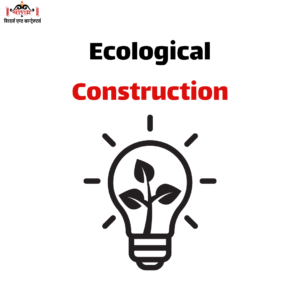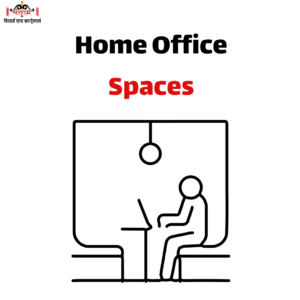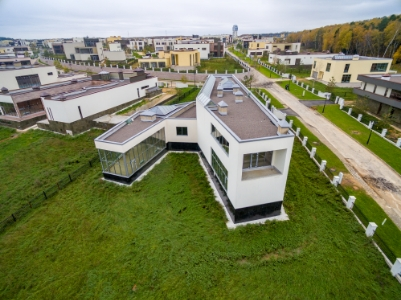Introduction :The real estate business has enjoyed a transformational ride in 2024 as we witness significant changes that have transformed the way homes are sold, bought, and ultimately the way people connect with real estate. The real estate sector has seen a high rate of change due to the adoption of technology and shifting consumer preferences, paving the way for new opportunities and challenges for both real estate professionals and property buyers.
The impact of technology on real estate
- Virtual reality and real estate viewing : How people who do not want to live in real estate experience them has been completely changed by virtual reality. The option of VR technology allows the world to reach where they usually cannot roam within the confines of their home, saving their time and resources.

- Artificial intelligence in property search : Algorithms based on the concept of AI have become important because they suggest options based on the personal taste, budget and location of each applicant. Now it is a simple process of pre-selecting the right property and then the search can be more efficient and everyone will get a property according to their needs.

- Blockchain and smart contracts: The use of blockchain technology has enabled secure and transparent transactions that are enhanced by smart contracts, without intermediaries and fraud risks. Transparency has helped increase trust in real estate transactions, making them smoother and much safer to complete.

Sustainability in real estate
- Ecological construction and design : The statement is that sustainability has brought about a great increase in green building strategies and designs. These builders are now incorporating reusable materials, energy-efficient systems and green spaces into real estate projects as homebuyers increasingly demand green and energy-conscious lifestyles. Smart home technology is now rapidly evolving to manage energy consumption, security and comfort using wireless devices. In addition, this trend has brought cheap and convenient energy and is also good for the environment.

Changing consumer preferences
- Remote work and home office spaces : During the telecommuting boom, employee home-buying behavior has changed and more attention is being paid to properties with self-contained home office spaces and flexible floor plans that provide telecommuting convenience.
 Migration from the city to the suburbs : The fact that people need more space and the need for a quieter neighbourhood has caused a large-scale migration from the urban area to the suburban area, where citizens are in demand because they need space for large houses, nature and a sense of community outside. cities.
Migration from the city to the suburbs : The fact that people need more space and the need for a quieter neighbourhood has caused a large-scale migration from the urban area to the suburban area, where citizens are in demand because they need space for large houses, nature and a sense of community outside. cities.

Conclusion
The year 2024 is portrayed as an industry that is growing rapidly and constantly looking for new technologies, environmental measures and consumer demands. It is the real estate professionals and their clients who will feel the changes in the market and will have to adapt to the trends during the year and until the end of the year. Whether it is through virtual reality for property viewing or the green building practices we use, or the changing tastes of buyers and tenants, we are now in a new world resulting from such transformations in the real estate industry.
The coming years will welcome more and more innovations. In this age of constant development, the real estate industry is no different and will therefore consistently introduce new ideas and modify the entire concept of real estate. In short, real estate will constantly change with creativity and expansion.
